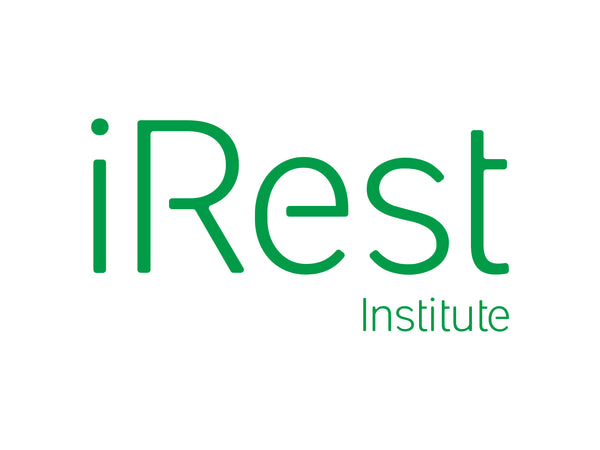Integrative Restoration – iRest Yoga Nidra to Reduce Stress in Homeless Shelter Residents with a History of Trauma.
Share
Author: Vieten, C. Miller, R
Published date: 2008
ABSTRACT
Although the efficacy of meditation-based interventions has been widely studied, research with homeless groups is minimal. Homeless people suffer from increased levels of stress, emotional distress, and negative life events that can present a complicated web of inseparable stressors. Without question, food, shelter, and case management services are the first line of intervention and stabilization. However, mind-body practices such as meditation may have the potential to reduce the negative impacts on stress and quality of life that may accompany housing instability.
The objective of the current study was to investigate the impact of brief training in Integrative Restoration Yoga Nidra (iRest), a yoga-based meditation program, on perceived stress, psychological distress, and quality of life in sheltered homeless adults. Self-report measures were collected from 117 meditation group participants and 79 participants who received shelter and services only. Due to significant baseline differences in the treatment and comparison groups, between-group comparisons could not be made. However, an examination of within-group differences suggests that treatment group participants did experience statistically significant improvements after only four vii to six sessions of iRest training. Results from this study suggest that brief iRest training may be effective in reducing negative psychological states and enhancing quality of life for homeless adults experiencing significant distress. Nevertheless, these findings must be interpreted with caution due to the lack of sufficient control group data. This study highlights the importance of investigating the potential of brief meditation training for homeless and high-risk, low-income populations and the need for future research in this area.
